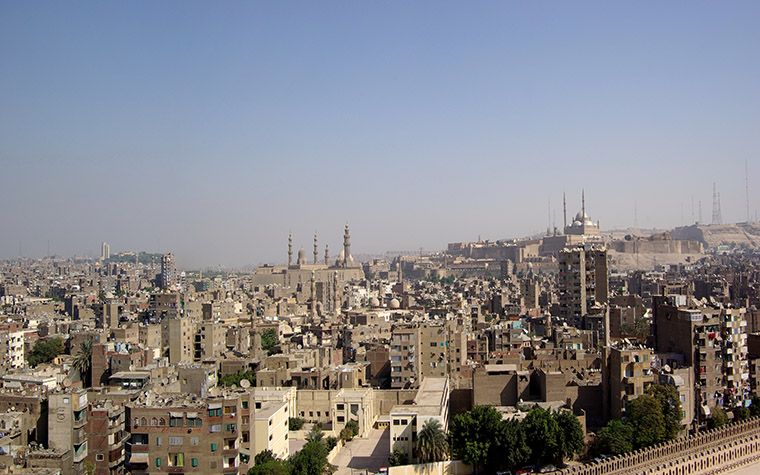
The Institute "Mediterranean Societies in Transition" (SoMuM) structures its research work into three scientific axes.
1 Transitions, Lasting Destabilisation and Crises
The Mediterranean area is a fertile ground for experimentation and problematization to understand ongoing historical, sociological, economic, politico-legal, geographical and demographic processes. It is an observatory of major global challenges such as demographic and environmental transitions, the issue of international, regional and sub-national migrations, and the economic crises linked to globalization, as well as political crises against a backdrop of rising extremism, conflicts and lasting destabilization. Attention will be paid to approaches, methods and tools for understanding the transitions of past, present and future societies. The major changes (political, demographic, economic, social and cultural) are analysed empirically through different temporalities and scales and through their structuring effects: (trans)regionalizations, globalizations, crises of States and identity-based retrenchment, trade liberalization and authoritarian policies, outsourcing of instruments and legislation, social networks, social mobilizations, transformations of labour markets, etc.
2. Dynamics, Circulation, Cultural Legacies
In the long run, Mediterranean societies - connected to Africa, Northern Europe, the Near and Middle East and more broadly to Asia - have constituted a space for sharing and cross-fertilization of knowledge, ideas and cultural objects, but also for scientific, theological and more broadly intellectual controversies or conflicts. The aim is to understand these legacies through their historical, social and intellectual dynamics, and with regard to the interdisciplinary approach and new technologies. At the political level, objects and knowledge constitute major power stakes: they are carried, defended and patrimonialized by different groups that try to make the most of them. The study of the circulation and transfer of texts, knowledge, practices, memorial narratives and spiritualities makes it possible to assess their place in the fabrication of languages, cultures, aesthetics, norms and concepts and their roles in political transformations.
3. Territorial Recompositions and Interactions
Questioning the supposed territorial unity and homogeneity of the Mediterranean as the result of dynamics that are part of globalized connections that extend beyond its two shores: how do relations between urban and rural territories, competition or connections between cities, their capital and metropolis, or spatial inequalities intervene in the construction and redefinition of the Mediterranean rim and beyond? Moreover, to what extent are we witnessing an "invention of rurality" today in the context of mass tourism, a quest for "roots", in a globalised economy?
The Humanities and Social Sciences can shed important light on the future of changing rural areas, as in the African continent, and question, for example, the complex relationships between climate change, population migration, education, urbanization and population growth. These questions allow a disciplinary opening beyond the Humanities and Social Sciences and could be shared with other teams, such as the Mediterranean Institute for Environmental Transition of Aix-Marseille University.

